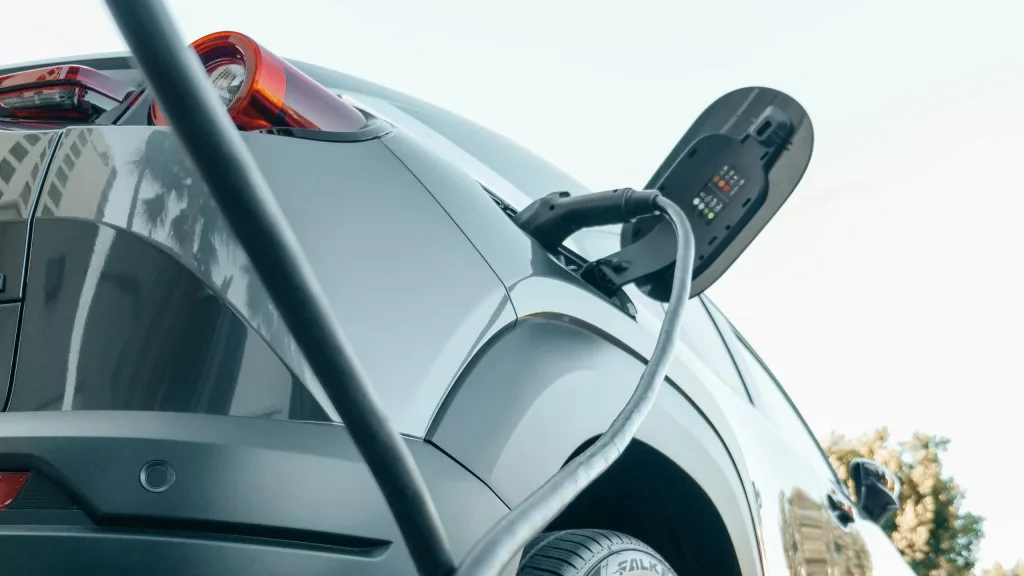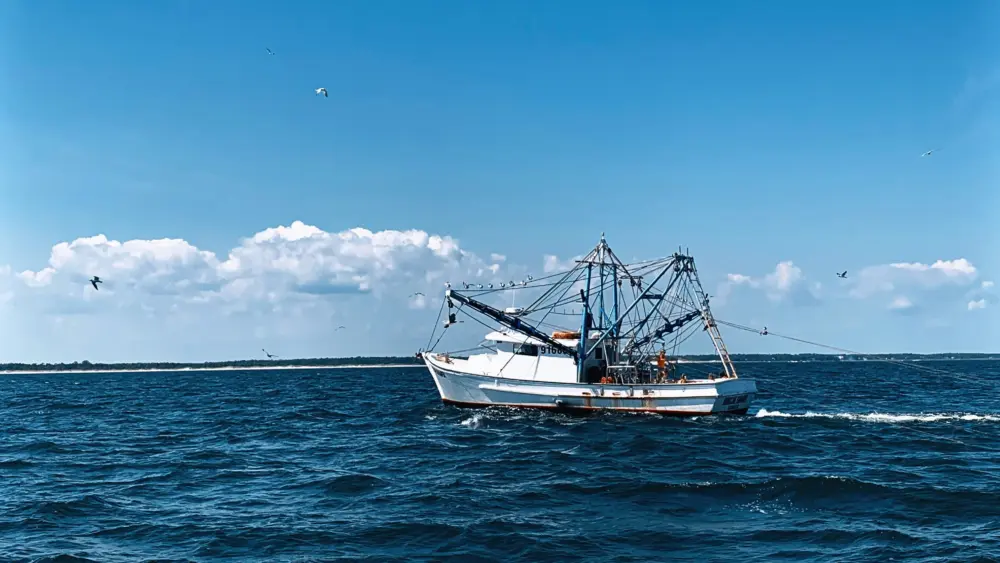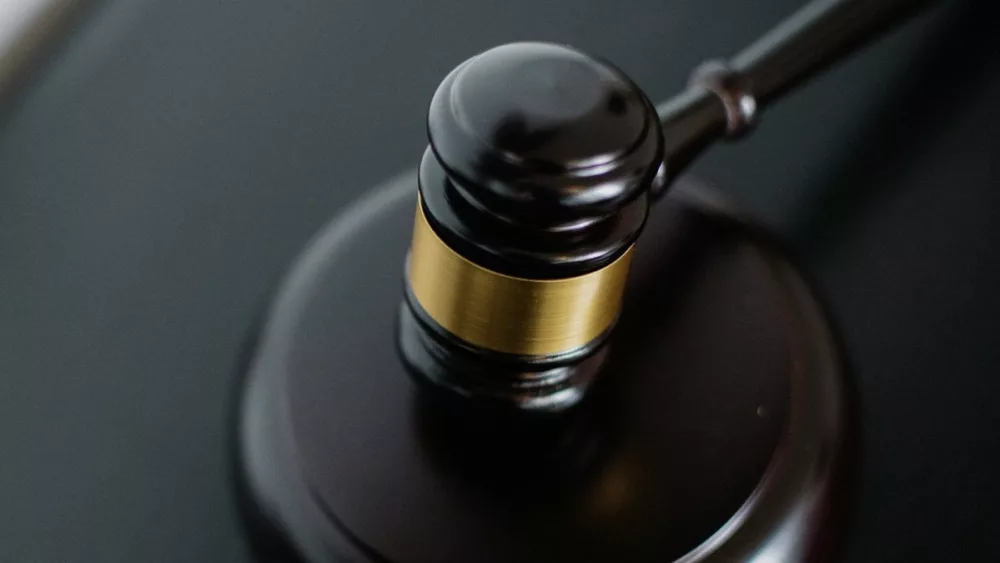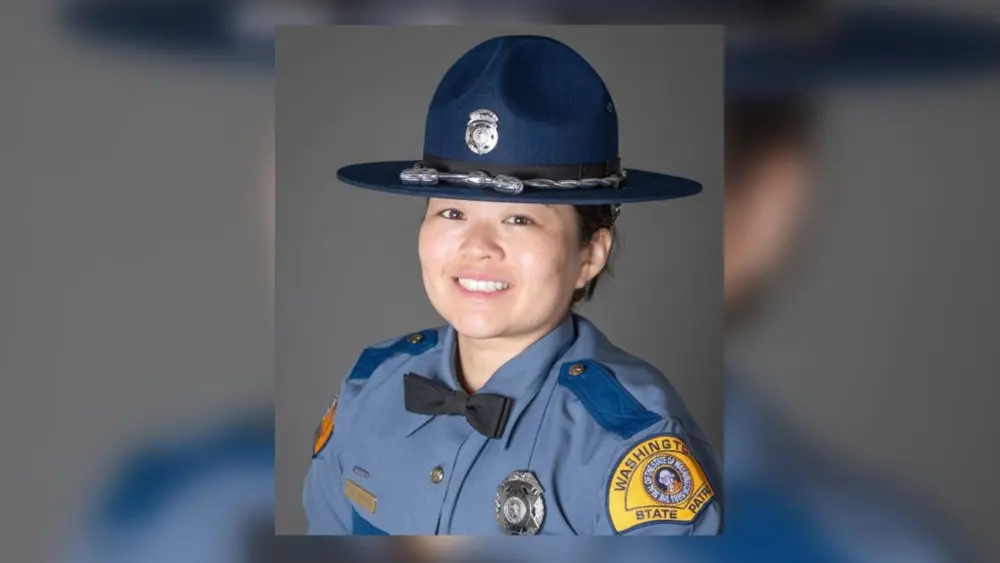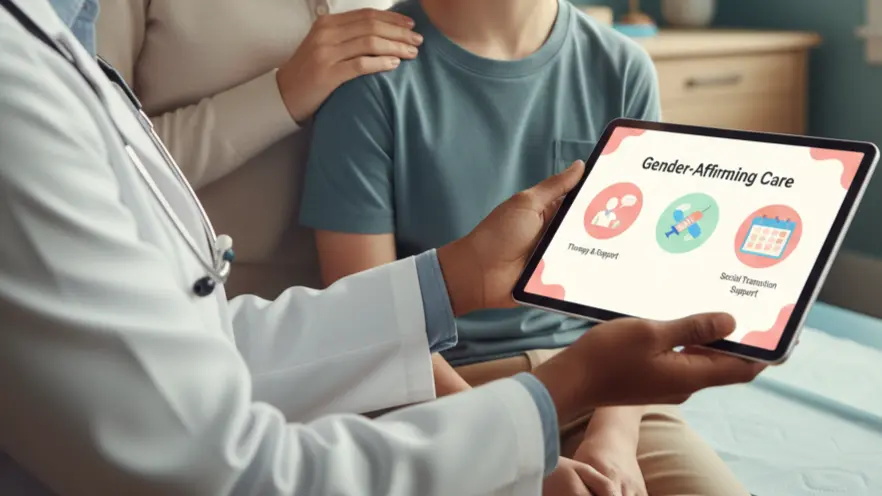SEATTLE, WA – A federal judge in Seattle on Tuesday ordered the Trump administration to reinstate federal funding for electric vehicle chargers in Washington and more than a dozen other states.
For months, billions of dollars from the National Electric Vehicle Infrastructure Program, or NEVI, has been frozen as the Trump administration assesses guidelines established under former President Joe Biden.
U.S. District Court Judge Tana Lin’s preliminary injunction Tuesday reopens the funding in Washington and 13 other states that sued the administration.
Washington was set to get $71 million from the program, which Congress included in the bipartisan infrastructure law Biden signed in 2021.
Minnesota, Vermont and the District of Columbia were not covered under Lin’s ruling Tuesday, despite being involved in the lawsuit, because they didn’t provide enough evidence of how the funding freeze impacted them.
The judge’s decision won’t go into effect until July 1, to allow the U.S. Department of Justice time to appeal. The case would next go to the 9th U.S. Circuit Court of Appeals.
Lin, a Biden appointee, found the Trump administration had “overstepped their Constitutional and statutory authority” and had “attempted to override the express will of Congress.”
“When the Executive Branch treads upon the will of the Legislative Branch, and when an administrative agency acts contrary to law, it is the Court’s responsibility to remediate the situation and restore the balance of power,” Lin wrote.
The decision comes a week after attorneys for the states and the Justice Department argued the case in a Seattle courtroom. Pending appeals, the injunction will remain in effect while the court case proceeds.
“Congress invested in forward-looking, clean electric vehicle infrastructure – exactly the future that Washington wants,” Washington Attorney General Nick Brown said in a statement. “The court confirmed that Donald Trump can’t just wish that future away because he likes fossil fuels.”
Spokespeople from the White House and Department of Justice didn’t immediately respond to requests for comment.
Overall, the plaintiff states were in line for about $1 billion to improve the nation’s fledgling electric vehicle charging network. The overall program involves about $5 billion.
The Federal Highway Administration had previously approved states’ plans for using the money, which was divvied up based on a formula that guides the distribution of federal highway funding.
But in February, the agency rescinded approval of all those plans. In a notice to states, federal officials said they would “review the policies underlying the implementation of the NEVI Formula Program.” Until that review is over, the funding would be withheld.
The Trump administration maintains it will still disburse funding eventually.
Washington’s Department of Transportation was accepting grant applications for pieces of its $71 million pie early this year, but hadn’t awarded any of it. Other states had spent some of their portions.
The preliminary injunction also blocks the administration from revoking approval of state funding plans.
The money was meant to help address the lack of chargers, which has stopped many drivers from transitioning to electric vehicles. To exemplify this issue, Lin opens her written ruling with a reference to a 1995 episode of “The Simpsons.”
“Homer must cut short a tearful goodbye with his long-lost mother after her traveling companions protest that their ‘electric van only has 20 minutes of juice left!’” Lin writes.
“Some 26 years later, Congress sought to address the phenomenon that has come to be known as ‘range anxiety’: the unease experienced by electric vehicle (‘EV’) drivers when they are unsure where the next charging station might be, and whether their car’s battery has sufficient charge to get them there,” she continues.
While Washington has been ahead of other states in EV adoption, its construction of public charging infrastructure has lagged.
Washington State Standard is part of States Newsroom, a nonprofit news network supported by grants and a coalition of donors as a 501c(3) public charity. Washington State Standard maintains editorial independence. Contact Editor Bill Lucia for questions: info@washingtonstatestandard.com.

